Importance of sponsorships in Indycar
Sponsorship deals provide vital funding and resources that allow teams to invest in the latest technology and equipment, as well as attract the best drivers and engineers. The costs associated with running an Indycar team can be astronomical, with budgets often exceeding tens of millions of dollars per year. Without the support of sponsors, many teams simply wouldn't be able to compete at the highest level.
Not only do sponsorships provide teams with the financial resources they need to succeed, but they also offer a valuable marketing opportunity for sponsors themselves. By partnering with a successful Indycar team, sponsors can associate their brand with the excitement and energy of high-speed racing, reaching a large and engaged audience in the process. It's a win-win situation for both parties, with the potential for significant returns on investment.
Key players in Indycar sponsorships
There are a few key players in the world of Indycar sponsorships. At the center of it all are the teams themselves, who are responsible for securing and managing their own sponsorships. Indycar also plays a role, helping to facilitate partnerships between teams and sponsors, and providing guidelines for how sponsor logos and branding can be displayed on cars and team uniforms.
Of course, none of this would be possible without the sponsors themselves. These companies come from a wide range of industries, including automotive, technology, and consumer goods. Some of the biggest names in Indycar sponsorship include NTT Data, Verizon, and PNC Bank, all of whom have invested heavily in the sport in recent years.
The process of securing a sponsorship deal
Securing a sponsorship deal in Indycar can be a complex and time-consuming process. It often involves a lot of back-and-forth negotiation between teams and potential sponsors. The first step is typically to identify potential sponsors who might be a good fit for the team. This can involve researching companies within the team's target market, as well as reaching out to companies who have expressed an interest in Indycar in the past.
Once potential sponsors have been identified, the team will typically put together a proposal outlining the benefits of partnering with them. This proposal might include information about the team's track record of success, the size and demographics of their fan base, and the marketing opportunities that would be available to the sponsor.
From there, negotiations can begin. This might involve discussing the size of the sponsorship package, the length of the partnership, and any specific branding or marketing requirements that the sponsor might have. The goal is to come to an agreement that works for both parties, providing the team with the financial resources they need while also offering the sponsor valuable marketing exposure.
Sponsorship activation: what it means and why it matters
Once a sponsorship deal has been secured, the work doesn't stop there. In order to get the most out of their partnership, teams and sponsors need to engage in what's known as "sponsorship activation." This refers to the process of leveraging the partnership to create marketing and branding opportunities for both parties.
For sponsors, this might involve creating branded merchandise or hosting promotional events featuring the Indycar team. For teams, it might involve incorporating the sponsor's branding into their car design or uniforms, or featuring the sponsor in social media posts and other marketing materials.
Sponsorship activation is crucial because it helps to ensure that both parties are getting the most out of their partnership. By working together to create engaging and memorable marketing opportunities, teams and sponsors can build stronger relationships with their target audiences while also increasing their visibility and reach.
Successful Indycar sponsorship stories
There have been many successful Indycar sponsorship stories over the years. One example is the partnership between Verizon and Team Penske. This partnership began in 2014 and has since become one of the most successful and recognizable sponsorships in the sport. Verizon has used their partnership with Team Penske to promote their wireless network and other products, while also engaging with fans through social media and other marketing channels.
Another successful partnership is the one between NTT Data and Chip Ganassi Racing. NTT Data is a global technology services company that has leveraged their partnership with Chip Ganassi Racing to showcase their expertise in areas like data analytics and cloud computing. By working together to create engaging and educational content, NTT Data and Chip Ganassi Racing have been able to build a strong and mutually beneficial partnership.
Challenges in Indycar sponsorships
While Indycar sponsorships can be highly lucrative, they also come with their fair share of challenges. One of the biggest challenges is simply the sheer amount of competition for sponsorships. With so many teams and drivers vying for a limited pool of sponsors, it can be difficult for smaller or less-established teams to secure the funding they need to compete at the highest level.
Another challenge is the constantly-changing nature of the sport itself. With new drivers, new technology, and new rules and regulations being introduced all the time, it can be difficult for sponsors to keep up and stay relevant. This means that teams and sponsors need to be constantly innovating and adapting in order to stay ahead of the game.
Trends in Indycar sponsorships
Despite these challenges, there are also many exciting trends emerging in the world of Indycar sponsorships. One trend is the increasing focus on sustainability and environmental responsibility. Many sponsors are now looking for ways to promote their eco-friendly initiatives through their partnerships with Indycar teams, whether it's through the use of hybrid engines or the promotion of recycling and other sustainable practices.
Another trend is the growing importance of digital marketing and social media. As more and more consumers turn to online channels to engage with their favorite brands and teams, Indycar sponsors are finding new and innovative ways to connect with fans through platforms like Twitter, Instagram, and Facebook.
Ethics in Indycar sponsorships
Finally, it's worth noting that there are also important ethical considerations to keep in mind when it comes to Indycar sponsorships. As with any type of marketing or advertising, there is the potential for companies to engage in unethical or exploitative practices in order to promote their brand or products.
For example, some sponsors might try to use controversial or inflammatory messaging in order to generate buzz and attention. Others might engage in questionable labor practices or environmental harm in order to cut costs and increase profits. It's up to teams and sponsors alike to ensure that their partnerships are built on a foundation of ethical and responsible business practices.
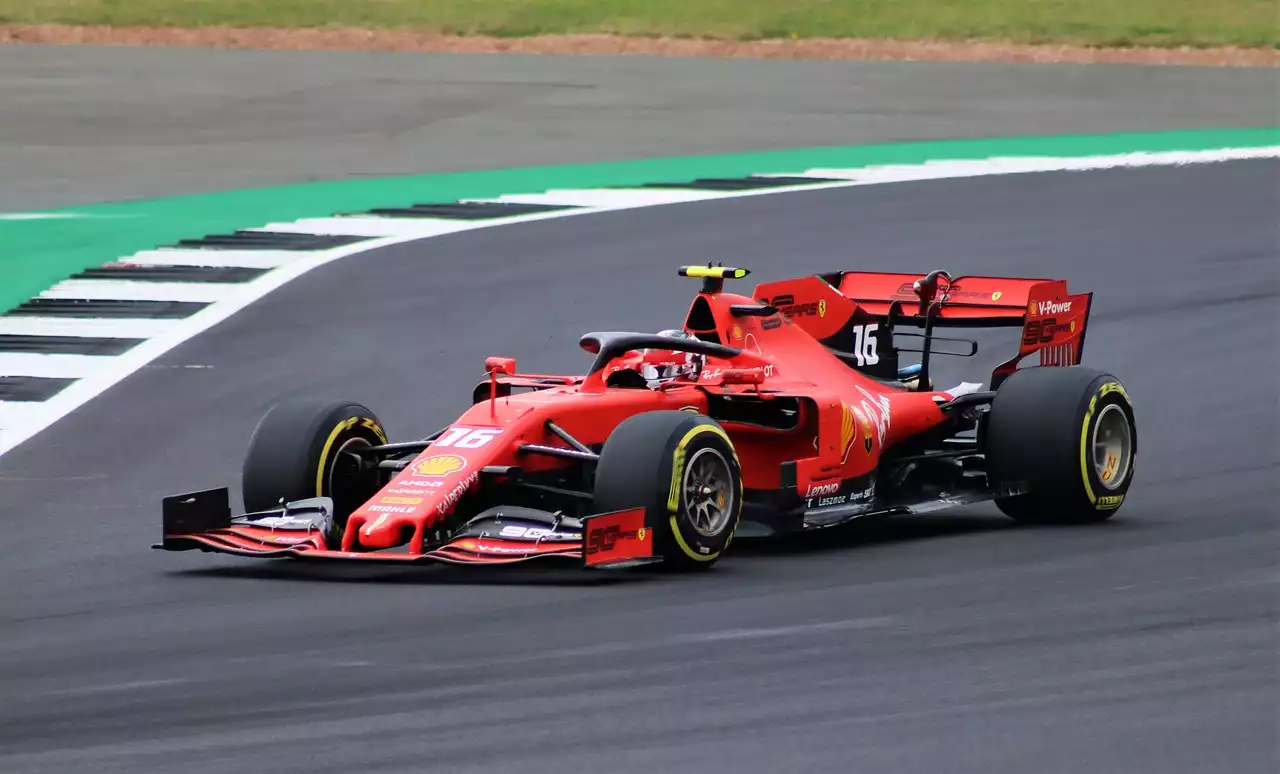
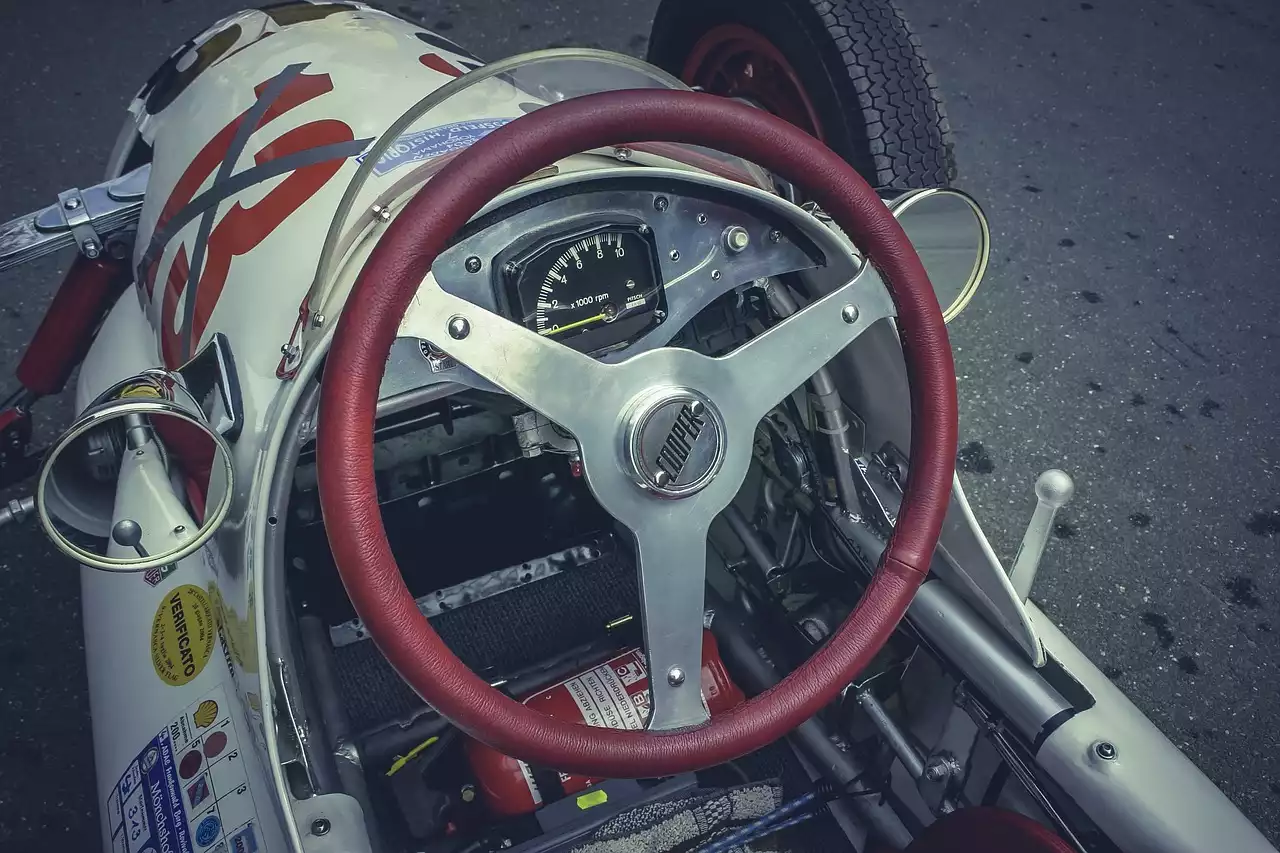
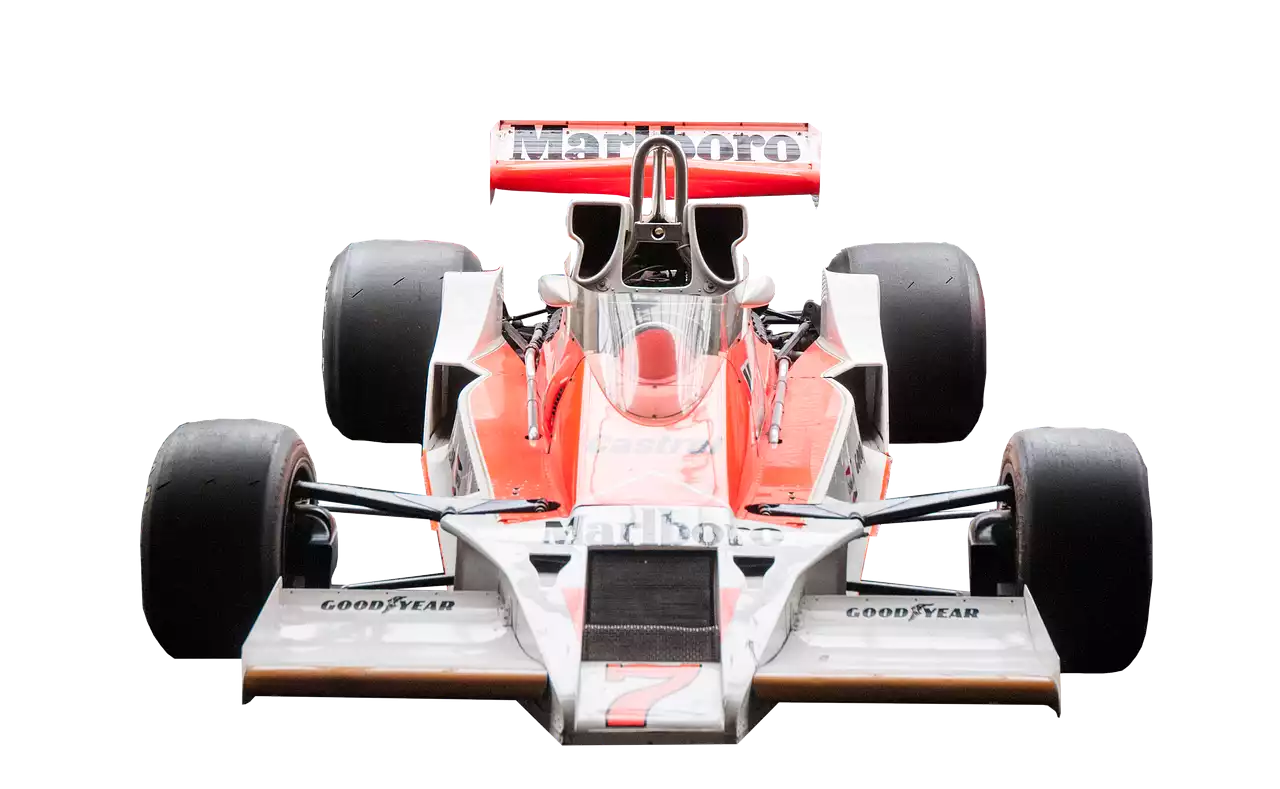
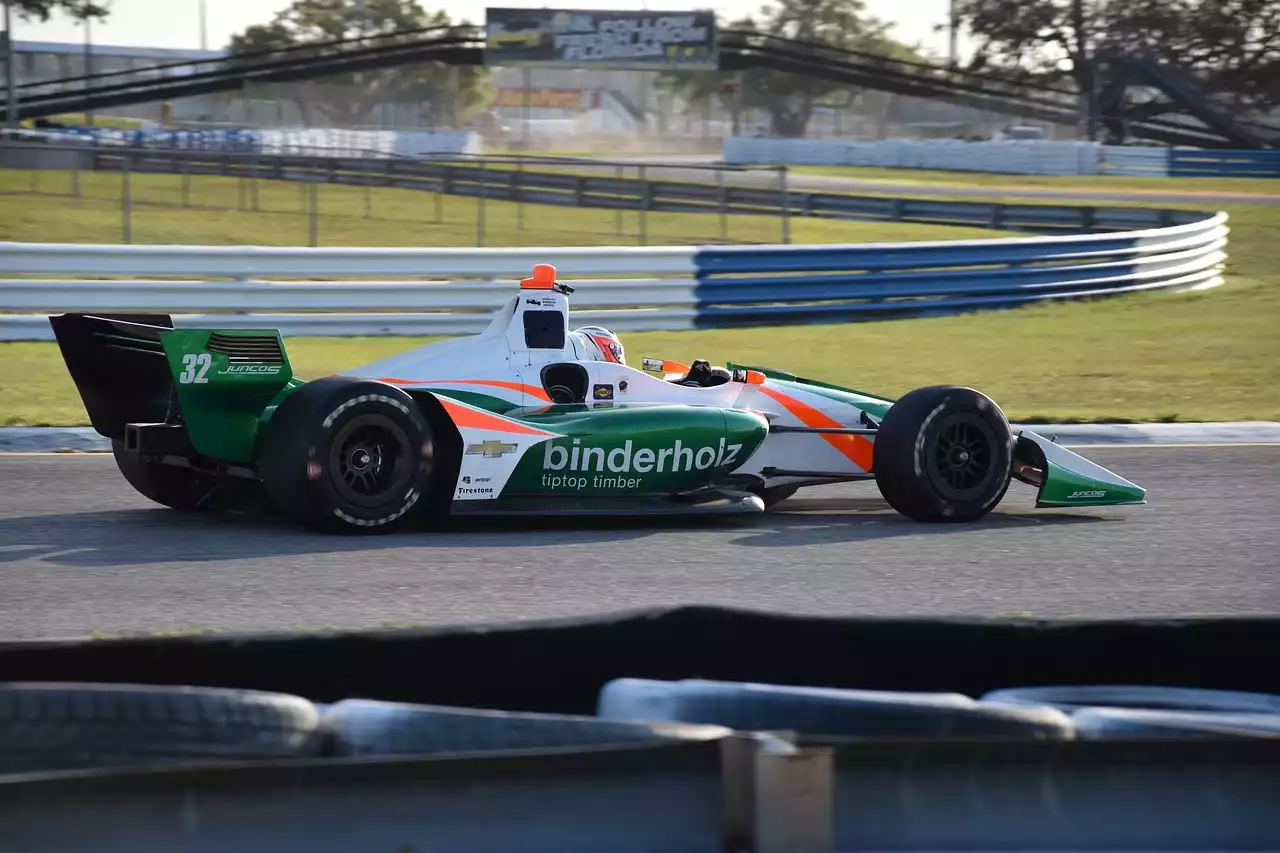
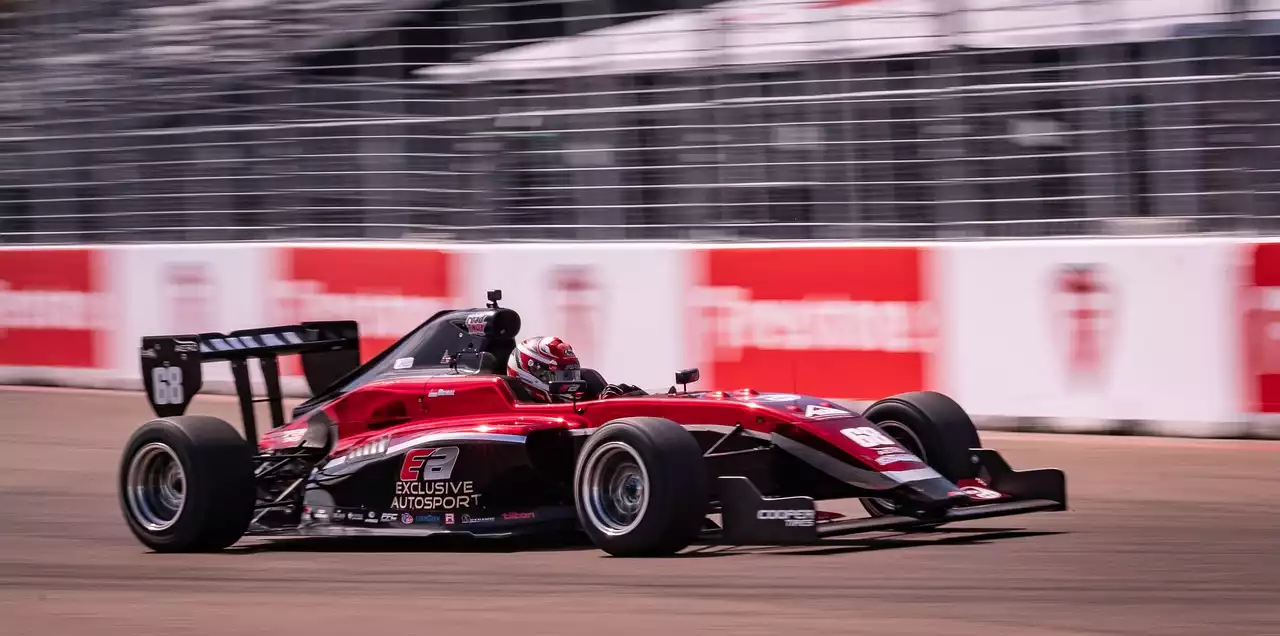

.png?size=50)



